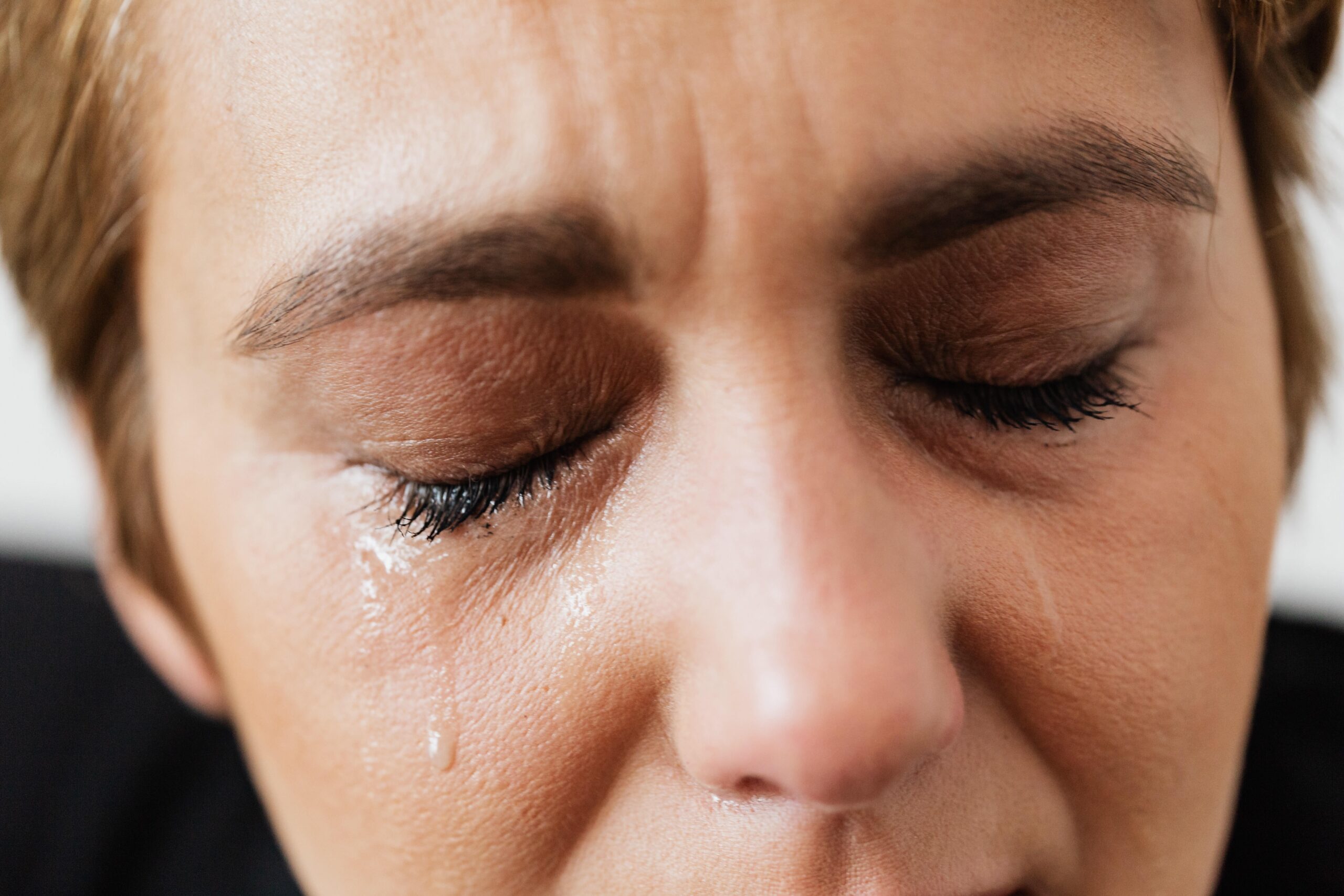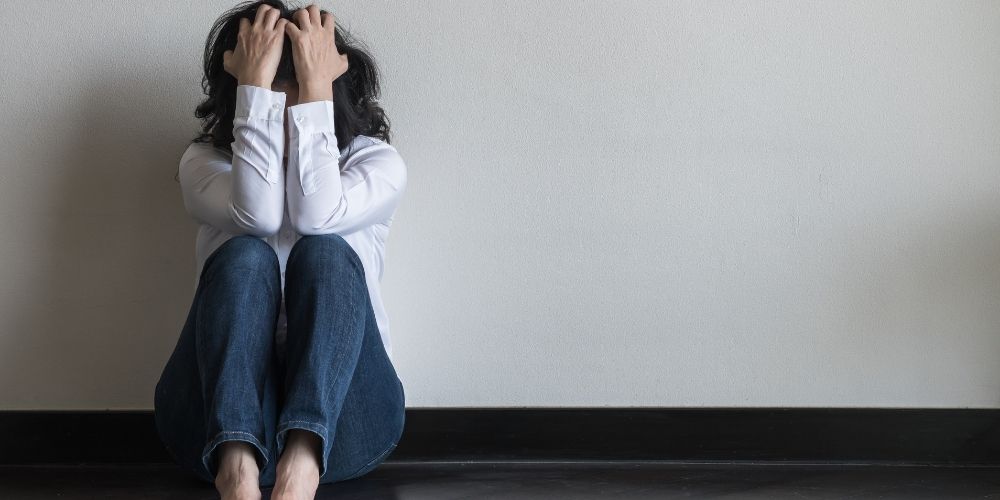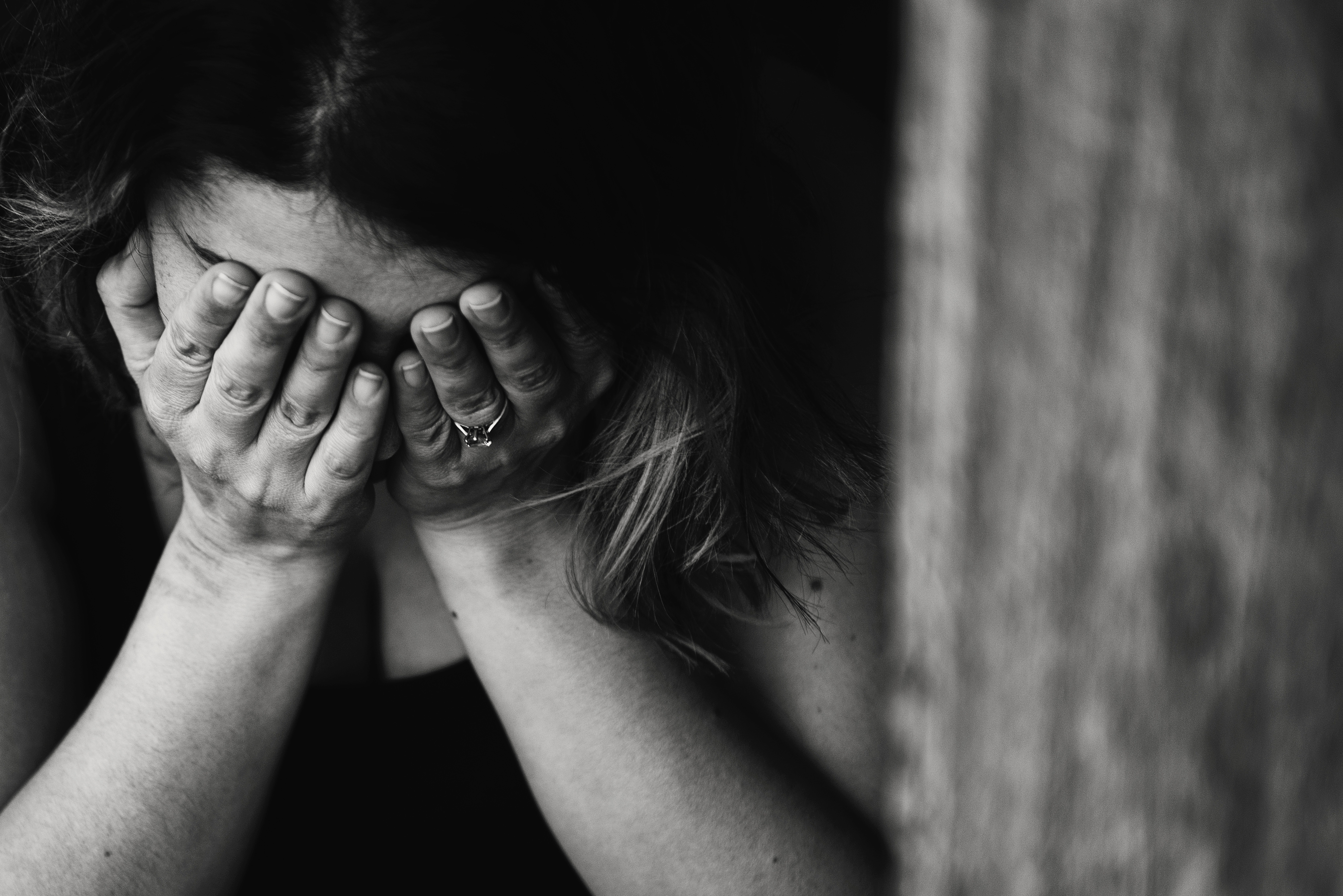Depression is a silent predator that affects millions of people worldwide. It is a mental health disorder characterized by persistent feelings of sadness, hopelessness, and a lack of interest in activities. In this article, we will delve into the hidden world of depression, shedding light on its prevalence, the challenges faced by those affected, and the importance of breaking the silence surrounding this condition.
Understanding Depression
Depression is a mood disorder characterized by persistent feelings of sadness, hopelessness, and a lack of interest in activities that were once enjoyed. It affects the way a person thinks, feels, and behaves, often interfering with their ability to function and enjoy life. It is a complex condition that goes beyond occasional feelings of sadness. It can significantly impact a person’s daily life, relationships, and overall well-being. Understanding this mental health disorder is crucial to provide support and empathy to those who are suffering.
Defining Depression
Depression is more than just feeling blue; it is a medical condition that requires proper attention and treatment. It is often described as a persistent feeling of sadness or a loss of interest in activities that were once enjoyable, difficulty concentrating, and thoughts of self-harm or suicide. It is essential to recognize the signs and symptoms of depression to help individuals receive the support they need, and to intervene early and offer appropriate help.
Symptoms of Depression
 Emotional symptoms: Depression can manifest through various emotional symptoms, such as persistent sadness, feelings of emptiness, irritability, and a sense of worthlessness. Individuals may experience frequent mood swings and a reduced ability to experience pleasure.
Emotional symptoms: Depression can manifest through various emotional symptoms, such as persistent sadness, feelings of emptiness, irritability, and a sense of worthlessness. Individuals may experience frequent mood swings and a reduced ability to experience pleasure.
Cognitive symptoms: Depression can impact cognitive processes, leading to difficulties in concentration, memory problems, indecisiveness, and negative thinking patterns. Thoughts of self-blame, guilt, and hopelessness are common.
Physical symptoms: Depression often manifests physically, causing fatigue, changes in appetite and weight, sleep disturbances, headaches, and bodily aches and pains. These symptoms can be debilitating and further contribute to the overall distress.
Behavioral symptoms: Depression can influence behavior, leading to social withdrawal, decreased productivity, and loss of interest in hobbies or activities, and even thoughts of self-harm or suicide. Changes in behavior can be alarming indicators of depression.
Types of Depression
Depression can manifest in various forms, each with its unique characteristics. Most common types of depression are:
Major Depressive Disorder (MDD): Also known as clinical depression, MDD is characterized by persistent feelings of sadness, loss of interest or pleasure in activities, changes in appetite or weight, sleep disturbances, fatigue, feelings of worthlessness or guilt, difficulty concentrating, and recurrent thoughts of death or suicide.
Persistent Depressive Disorder (PDD): PDD, formerly known as dysthymia, is a chronic form of depression that lasts for at least two years. Symptoms may be less severe than MDD but can persist for a longer duration, impacting daily functioning and overall quality of life.
Postpartum Depression: Experienced by some women after giving birth, postpartum depression involves feelings of extreme sadness, anxiety, and exhaustion that can interfere with the ability to care for oneself and the newborn. It usually occurs within the first year after childbirth.
Seasonal Affective Disorder (SAD): SAD is a type of depression that occurs in a seasonal pattern, typically during the fall and winter months when there is less natural sunlight. Common symptoms include low mood, fatigue, increased sleep, weight gain, and a loss of interest in activities.
Bipolar Disorder: Although not exclusively a depressive disorder, bipolar disorder involves cycles of depression and mania. During the depressive phase, individuals experience symptoms similar to those of major depression. The manic phase is characterized by elevated mood, increased energy, racing thoughts, and impulsive behavior.
Psychotic Depression: This type of depression includes severe depressive symptoms accompanied by psychotic features such as hallucinations or delusions. Individuals may experience false beliefs or perceive things that are not real.
Atypical Depression: Atypical depression is characterized by mood reactivity, meaning that individuals may experience temporary improvements in mood in response to positive events. Other symptoms may include increased appetite or weight gain, excessive sleep, heaviness in limbs, and a heightened sensitivity to rejection.
It’s important to note that each person’s experience with depression can vary, and these types are not exhaustive. Each type may require specific treatment approaches, highlighting the importance of accurate diagnosis. Consulting with a mental health professional is crucial for an accurate diagnosis and appropriate treatment.
Effects of Depression

Depression is a widespread mental health condition that affects people of all ages, genders, and backgrounds. According to recent statistics, approximately 300 million individuals globally experience depression. The impact is not limited to the affected individuals alone but extends to their families, workplaces, and communities. Some common effects of depression are:
Impact on daily life: Depression can significantly impact an individual’s daily life, making even simple tasks feel overwhelming. It can affect personal hygiene, eating habits, and overall self-care. Work, school, and social responsibilities may become challenging to manage.
Relationship struggles: Depression can strain relationships, leading to difficulties in communication, decreased emotional intimacy, and a sense of detachment. The person experiencing depression may struggle to express their needs, causing strain within friendships, romantic partnerships, and family dynamics.
Work and productivity challenges: Depression can affect work or academic performance, leading to reduced productivity, increased absenteeism, and difficulty concentrating on tasks. It can hinder career advancement and have financial implications.
What causes of Depression?
Biological Factors:
- Imbalances in brain chemicals (serotonin, norepinephrine, dopamine)
- Changes in brain structure and function
- Genetic predisposition and family history of depression
Psychological Factors:
- Traumatic life events (loss, abuse, difficult childhood)
- Chronic stress and overwhelming life circumstances
- Negative thinking patterns, low self-esteem, perfectionism
Medical Conditions:
- Chronic illnesses (cancer, diabetes, chronic pain).
- Hormonal disorders and imbalances
- Side effects of certain medications
Social and Environmental Factors:
- Social isolation and lack of support
- Adverse childhood experiences
- Stressful life events (divorce, financial difficulties, job loss)
Substance Abuse:
- Substance abuse and addiction as coping mechanisms
- Substance-induced changes in brain chemistry
Co-occurring Mental Health Disorders:
- Anxiety disorders, post-traumatic stress disorder (PTSD), eating disorders.
- Substance use disorders, personality disorders.
Hormonal and Life Stage Transitions:
- Hormonal changes during pregnancy, postpartum, and menopause
- Puberty and hormonal shifts during adolescence
It’s important to note that depression can result from a combination of these factors, and individual experiences may vary. Consulting a mental health professional can provide a more comprehensive understanding of the specific causes and appropriate treatment options for each person.
Unveiling the Hidden World of Depression:

Stigma and Misunderstanding
One of the significant challenges individuals with depression face is the stigma associated with mental health. Society often fails to grasp the true nature of depression, leading to misconceptions and judgments. This stigma can discourage individuals from seeking help and exacerbate their feelings of isolation.
Internal Struggles and Isolation
Depression can be an internal battle, isolating those who experience it from their support networks. The invisible nature of this condition makes it difficult for others to comprehend the magnitude of the struggles faced by individuals with depression. This isolation further deepens the emotional pain they endure.
Seeking Help for Depression
Recognizing the signs of depression and seeking professional help is crucial. Many individuals hesitate to reach out due to stigma or a belief that they should handle it on their own. However, seeking help is a vital step towards recovery.
Professional Support
Seeking professional help is crucial for individuals dealing with depression. Mental health professionals, such as therapists, psychologists, and psychiatrists, can provide guidance, support, and appropriate treatment options. Therapy sessions, medication, or a combination of both may be recommended based on the severity of the condition.
Self-Help Strategies
In addition to professional support, there are several self-help strategies individuals can adopt to manage depression. Regular exercise, a balanced diet, engaging in hobbies, practicing relaxation techniques, and connecting with loved ones are some effective ways to alleviate symptoms and improve overall well-being.
 Breaking the Silence:
Breaking the Silence:
![]() Importance of Open Dialogue
Importance of Open Dialogue
Breaking the silence surrounding depression is essential to create a supportive environment for those affected. Encouraging open dialogue and promoting understanding can help reduce the stigma associated with mental health disorders. By fostering a safe space, individuals with depression can feel more comfortable seeking help and sharing their experiences.
Building Supportive Communities
Supportive communities play a vital role in the journey of individuals with depression. Peer support groups, online forums, and social networks provide platforms for sharing stories, gaining insights, and fostering connections. These communities can provide the much-needed empathy and encouragement necessary for individuals to navigate their recovery.
The Journey to Recovery:

Treatment Options
The path to recovery from depression varies for each individual. Treatment options may include therapy, medication, or a combination of both.
Cognitive-behavioral therapy (CBT), interpersonal therapy (IPT), and antidepressant medications are commonly used approaches. It is essential to work closely with healthcare professionals to determine the most suitable treatment plan.
Coping Mechanisms
In addition to professional treatment, developing healthy coping mechanisms is crucial for managing depression. These may include practicing mindfulness and meditation, engaging in creative outlets, maintaining a routine, and cultivating a strong support network. Discovering what works best for each person is key to their overall well-being.
How do I know if I have depression?
If you are experiencing persistent feelings of sadness, a loss of interest in activities, changes in appetite or sleep patterns, and difficulty concentrating, it is advisable to consult a mental health professional for an accurate diagnosis.
Can depression go away on its own?
While some individuals may experience temporary relief from depression, it is essential to seek appropriate treatment and support. Depression can be a recurrent condition, and professional help can provide guidance on managing symptoms and preventing relapses.
How can I support someone with depression?
Offering empathy, listening without judgment, and encouraging them to seek professional help are essential ways to support someone with depression. Educate yourself about the condition to better understand their experiences and provide a safe and supportive environment.
Is depression a sign of weakness?
No, depression is not a sign of weakness. It is a medical condition that affects the brain’s chemistry and can happen to anyone. It takes strength to acknowledge and seek help for depression.
Where can I find resources for depression support?
There are numerous resources available for depression support. Mental health organizations, online forums, and helplines are valuable sources of information and assistance. Additionally, consulting a mental health professional can provide personalized guidance.
Conclusion
Depression is a prevalent mental health condition that affects individuals from all walks of life. By understanding the hidden world of depression, symptoms, understanding its effects, and seeking appropriate treatment are crucial steps towards recovery, can break the silence and offer support to those who need it. It is essential to promote open dialogue, build supportive communities, and provide access to professional help and self-help strategies. Remember, you are not alone, and there is support available to help you navigate through this difficult journey, together, we can make a difference in the lives of those battling depression.


